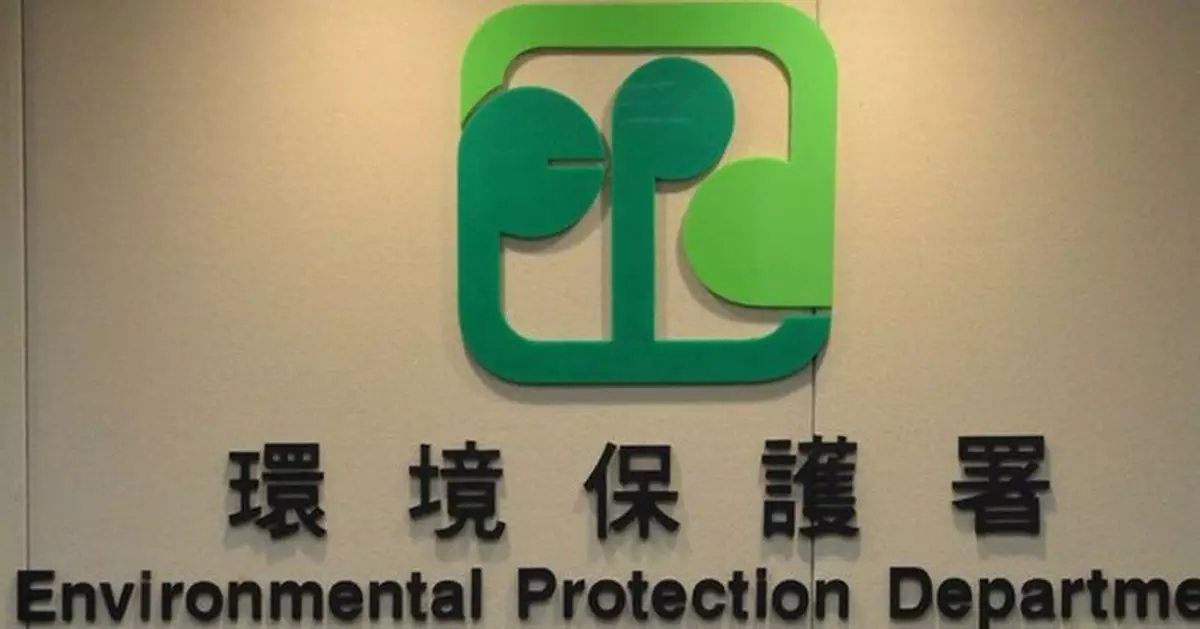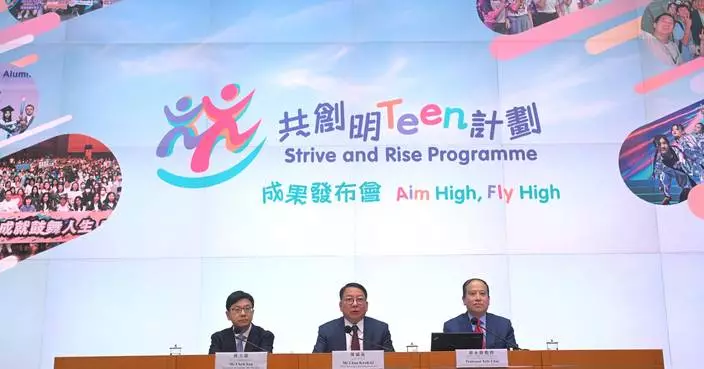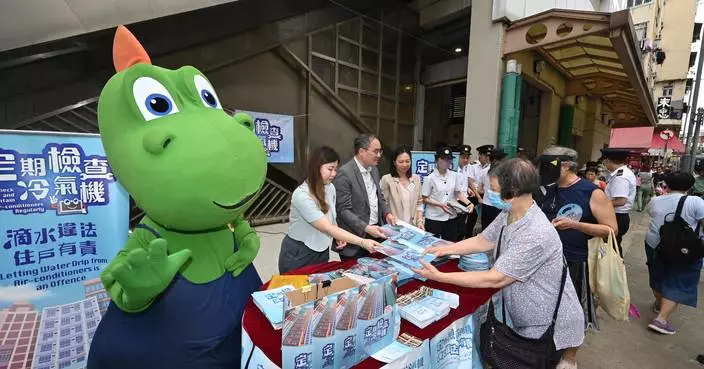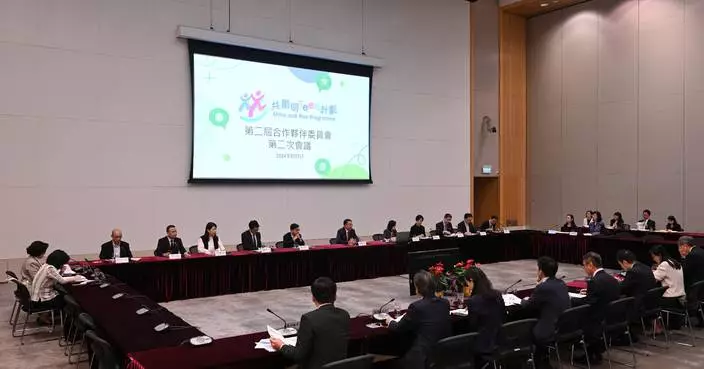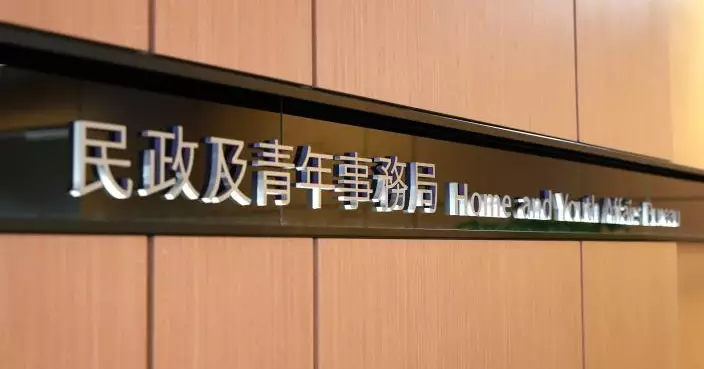Epd takes action on advisory council's resolution for san tin/lok ma chau development node eia report
In response to the Advisory Council on the Environment (ACE)'s decision to endorse the environmental impact assessment (EIA) report on San Tin/Lok Ma Chau Development Node with conditions in accordance with the Environmental Impact Assessment Ordinance (EIAO) after discussion at its meeting today (April 22), an Environmental Protection Department (EPD) spokesman said:
"The statutory EIA process in Hong Kong is a professional, objective and open system. The Technical Memorandum on EIA Process (TM) and EIA Study Briefs lay down objective and clear principles, procedures, guidelines, requirements and criteria for various EIA matters. The EIAO aims to assess the environmental acceptability of the development proposal submitted by the project proponent.
"The Director of Environmental Protection will review in detail the EIA report with comprehensive and careful consideration of the requirements of the EIA Study Brief and the TM, as well as comments on the environment raised by the public and the ACE during the public inspection period, before making the decision on whether to approve the EIA report and the conditions to be imposed if the EIA report is approved."

Source: AI-generated images
High-level meeting with japanese officials: urgent concerns over fukushima's nuclear contaminated water discharge
The Secretary for Environment and Ecology, Mr Tse Chin-wan, met the Parliamentary Vice-Minister for Agriculture, Forestry and Fisheries, Mr Takahashi Mitsuo, and the Consul-General of Japan in Hong Kong, Mr Kenichi Okada, today (May 3) upon request and discussed about the discharge of nuclear-contaminated water in Japan.
Mr Tse reiterated at the meeting that the Hong Kong Special Administrative Region (HKSAR) Government has come to the view that there is currently no guarantee from the Japanese authorities that their purification and dilution system can operate continuously and effectively in the long term, and that the discharge will not pose any potential risks to food safety and marine ecology. Safeguarding food safety and public health in Hong Kong is the responsibility of the HKSAR Government, thus corresponding precautionary measures must be taken. The HKSAR Government will closely monitor developments of the discharge, so as to obtain more monitoring and scientific data in order to further examine the impact of the Fukushima nuclear-contaminated water discharge on food safety, and keep under review relevant counter measures. Should anomalies be detected, the Government does not preclude further tightening the scope of the import ban.
In response to the Japanese Government's earlier decision to discharge nuclear-contaminated water at the Fukushima Nuclear PowerStation into the sea, the Director of Food and Environmental Hygiene issued a Food Safety Order which prohibits all aquatic products, sea salt and seaweeds originating from the 10 metropolis/prefectures, namely Tokyo, Fukushima, Ibaraki, Miyagi, Chiba, Gunma, Tochigi, Niigata, Nagano and Saitama, from being imported into and supplied in Hong Kong.For other aquatic products, sea salt, and unprocessed or processed seaweed from Japan that are not prohibited from being imported into Hong Kong, the Centre for Food Safety of the Food and Environmental Hygiene Department will conduct comprehensive radiological tests to verify that the radiation levels of these products do not exceed the guideline levels before they are allowed to be supplied in the market.
Besides, all vegetables, fruits, milk, milk beverages and dried milk originating from Fukushima are banned from importing into Hong Kong while such foods originating from the four prefectures nearby Fukushima, i.e. Ibaraki, Tochigi, Chiba and Gunma, are allowed to be imported on the condition that they are accompanied with a radiation certificate and an exporter certificate issued by the Japanese authority. Chilled or frozen game, meat and poultry, and poultry eggs originating from the above five prefectures are allowed to be imported on the condition that they are accompanied with a radiation certificate issued by the Japanese authority which shows the radiation levels do not exceed the guideline levels of the Codex Alimentarius Commission.

Source: AI-generated images



